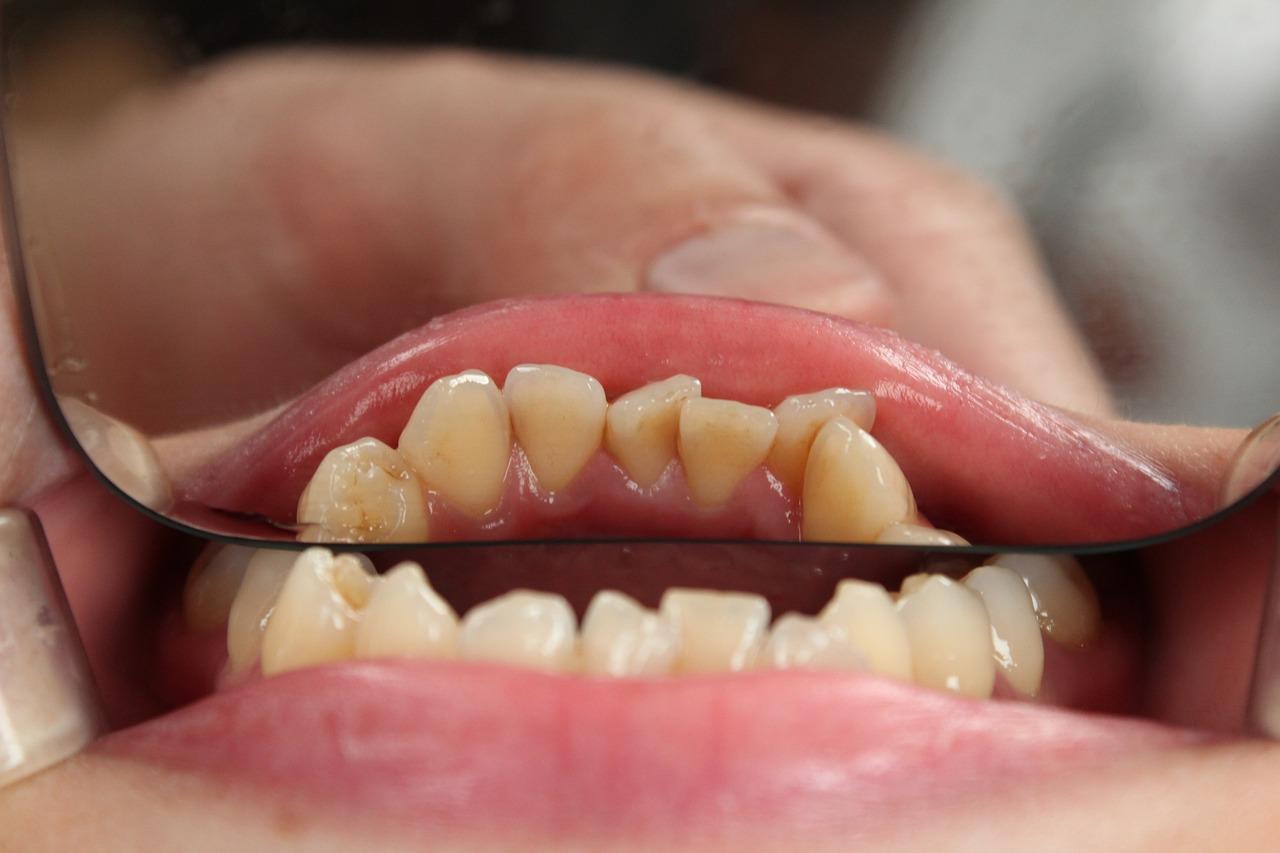What Steps to Take If You Chip a Tooth

Chipping a tooth can be an alarming experience. Whether it happens while biting into something hard or due to an accident, a chipped tooth can cause discomfort, affect your smile, and potentially lead to more serious dental problems if not treated promptly. Knowing what steps to take immediately after chipping a tooth can help you manage the situation and preserve your oral health. In this article, we'll cover what you should do if you chip a tooth and when to see a dentist.
1. Assess the Damage
The first step after chipping a tooth is to assess the severity of the damage. In some cases, the chip may be small and cause no pain, while in others, it could expose the inner layers of the tooth, leading to sensitivity or pain. If you notice sharp edges, significant pain, or bleeding, it’s essential to act quickly. While minor chips might not be emergencies, larger fractures that expose the nerve or cause significant discomfort need immediate attention from a dentist.
2. Rinse Your Mouth
Rinsing your mouth with warm water is the next critical step. This helps remove any debris and keeps the area clean, reducing the risk of infection. If there is any bleeding, apply gentle pressure with a clean piece of gauze until the bleeding stops. You can also apply a cold compress to the outside of your cheek to reduce swelling and numb any pain.
3. Save Any Broken Pieces
If possible, try to save any pieces of the chipped tooth. Store them in a clean container and cover them with milk, saliva, or a tooth preservation solution. Although reattaching a broken piece isn’t always possible, bringing it to the dentist can help in determining the best treatment. Your dentist will assess whether the piece can be bonded back or if other restoration methods are needed.
4. Relieve Pain and Discomfort
Chipping a tooth can cause sharp pain or sensitivity, especially when the nerves are exposed. To manage the discomfort, you can take over-the-counter pain relievers like ibuprofen or acetaminophen. Be sure to follow the dosage instructions on the label. Additionally, avoid hot or cold foods and beverages, as the exposed tooth may be sensitive to temperature changes.
5. Protect Your Tooth Until You See the Dentist
If you can’t get to the dentist immediately, take steps to protect your chipped tooth from further damage. Avoid chewing on the side of the mouth with the chipped tooth and stick to soft foods. You can also cover the sharp edge of the tooth with dental wax or sugar-free gum to prevent it from cutting your tongue or the inside of your mouth.
6. Schedule a Dental Appointment as Soon as Possible
Even if your chipped tooth doesn’t hurt, it’s important to see a dentist as soon as possible. Delaying treatment can lead to further complications, such as infection, tooth decay, or even tooth loss. Your dentist will examine the extent of the damage and recommend the best course of treatment. Depending on the severity of the chip, your dentist may suggest one of the following options:
-
Dental Bonding: For minor chips, dental bonding is a simple procedure where a tooth-colored resin is applied and shaped to restore the appearance of your tooth. This is a quick and effective solution for small chips.
-
Dental Veneers: If the chip is more visible, especially on a front tooth, your private dentist in Aylesbury might recommend veneers. Veneers are thin, custom-made shells that cover the front surface of your tooth, improving both its appearance and strength.
-
Dental Crowns: For larger chips that compromise the tooth’s structure, a dental crown may be needed. Crowns are caps placed over the damaged tooth to restore its shape, function, and appearance.
-
Root Canal Therapy: In severe cases where the chip exposes the tooth’s pulp or nerve, a root canal might be necessary. This procedure removes the damaged nerve tissue, relieves pain, and saves the tooth from further infection.
7. Practice Good Oral Hygiene to Prevent Future Chips
Preventing future chips is possible with good oral hygiene and some simple precautions. Brush and floss regularly, and avoid chewing on hard objects like ice, pens, or hard candies. If you play sports, consider wearing a mouthguard to protect your teeth from injury. Additionally, if you grind your teeth at night, talk to your dentist about getting a custom nightguard to prevent chipping and other damage.
Conclusion
Chipping a tooth can be stressful, but knowing how to handle the situation can make a big difference in preserving your smile. By following these steps—assessing the damage, rinsing your mouth, managing pain, and seeing a dentist promptly—you can minimize complications and restore your tooth’s function and appearance. Remember, prompt dental care is key to avoiding further damage and ensuring your oral health stays in top shape. If you ever chip a tooth, don’t hesitate to reach out to your dentist for the care you need.
- Art
- Causes
- Crafts
- Dance
- Drinks
- Film
- Fitness
- Food
- Jeux
- Gardening
- Health
- Domicile
- Literature
- Music
- Networking
- Autre
- Party
- Religion
- Shopping
- Sports
- Theater
- Wellness


